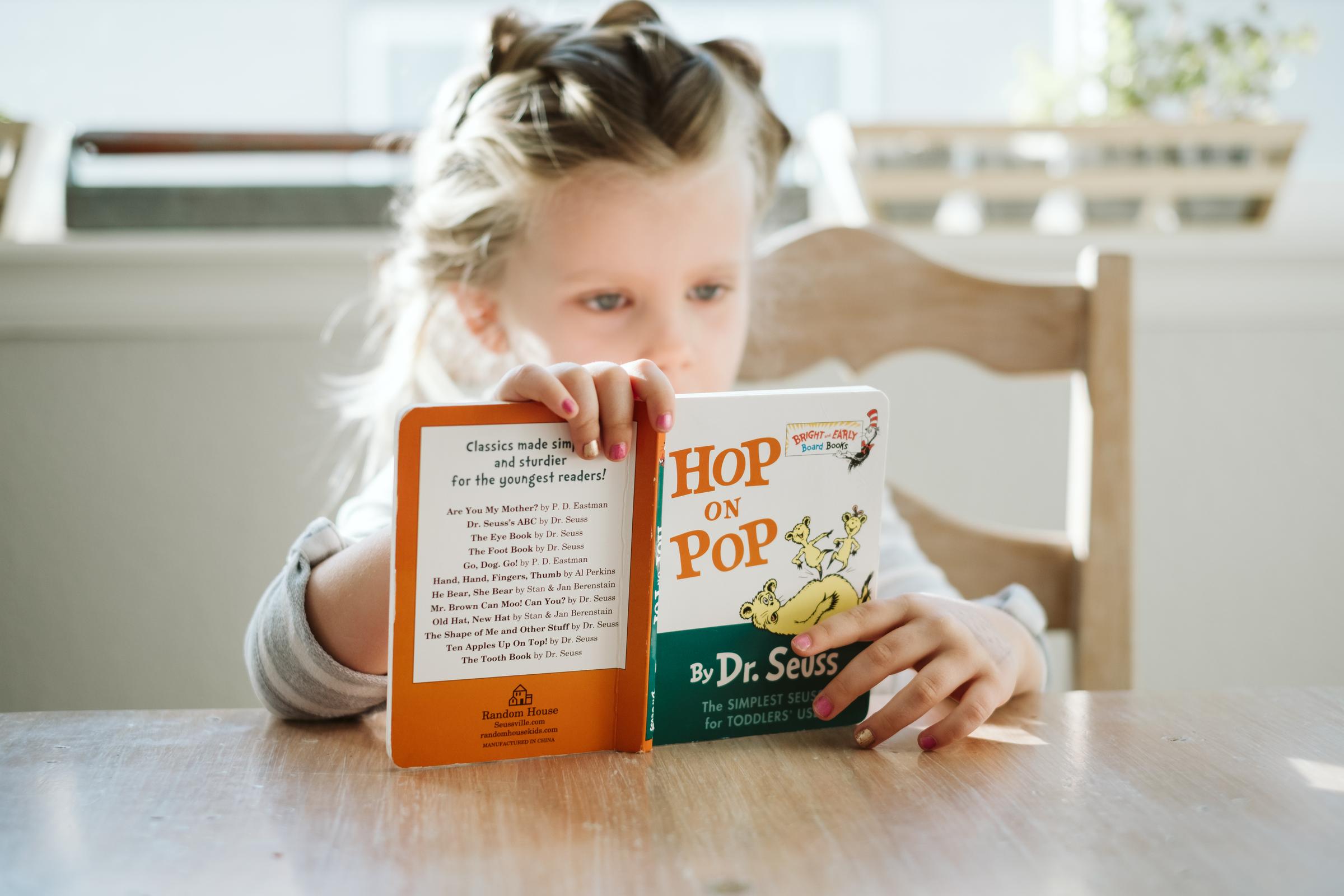Literacy

Unlocking the Power of Mentor Texts in Writing
In the world of education, "mentor texts" are like secret tools that help students unlock their potential. But what exactly are they, and how can they support your child's growth? Let’s dive into what mentor texts are and why they’re so beneficial.
What Are Mentor Texts?
Mentor texts are carefully selected pieces —such as books, articles, essays, or even short stories—that serve as models for students. These texts showcase effective writing techniques, structure, and style, and they offer students a chance to see high-quality writing in action. Think of them as a guide or a source of inspiration that helps students understand what makes writing effective and engaging.
The Purpose of Mentor Texts
1. Showcase Good Writing: Mentor texts provide students with concrete examples of good writing. They highlight elements like strong word choice, varied sentence structure, and creative storytelling techniques. By analysing these texts, students can see how different components of writing come together to create a compelling piece.
2. Teach Specific Skills: Teachers often use mentor texts to demonstrate specific writing skills or strategies. For instance, if a lesson focuses on developing character in fiction, a mentor text might be a novel with well-drawn characters. This helps students understand how to apply these skills in their own writing.
3. Inspire Creativity: Reading a well-crafted piece of writing can spark a student’s imagination. Mentor texts expose students to different genres, voices, and styles, encouraging them to experiment with their own writing and find their unique voice.
4. Improve Critical Thinking: Analysing mentor texts encourages students to think critically about what they read. They learn to identify and discuss the techniques used by authors, which enhances their understanding of how to use these techniques in their own writing.
How You Can Support Your Child
1. Read Together: Share a variety of mentor texts with your child. Discuss what you both like about the text, what makes it effective, and how the author achieves certain effects. This can make the analysis more engaging and insightful.
2. Encourage Exploration: Let your child explore different genres and styles of writing. This will help them see the diversity in writing and understand that there are many ways to be an effective writer.
3. Discuss Techniques: When reading a mentor text, talk about specific techniques used by the author. For example, discuss how the author builds suspense or creates vivid imagery. Help your child think about how they can use similar techniques in their own writing.
4. Provide Opportunities: Encourage your child to write regularly and apply the techniques they’ve learned from mentor texts. Offer positive feedback and celebrate their progress to keep them motivated.
Mentor texts are a powerful resource that can significantly enhance your child’s learning. By understanding their purpose and engaging with them actively, you can help your child become more confident and capable.
